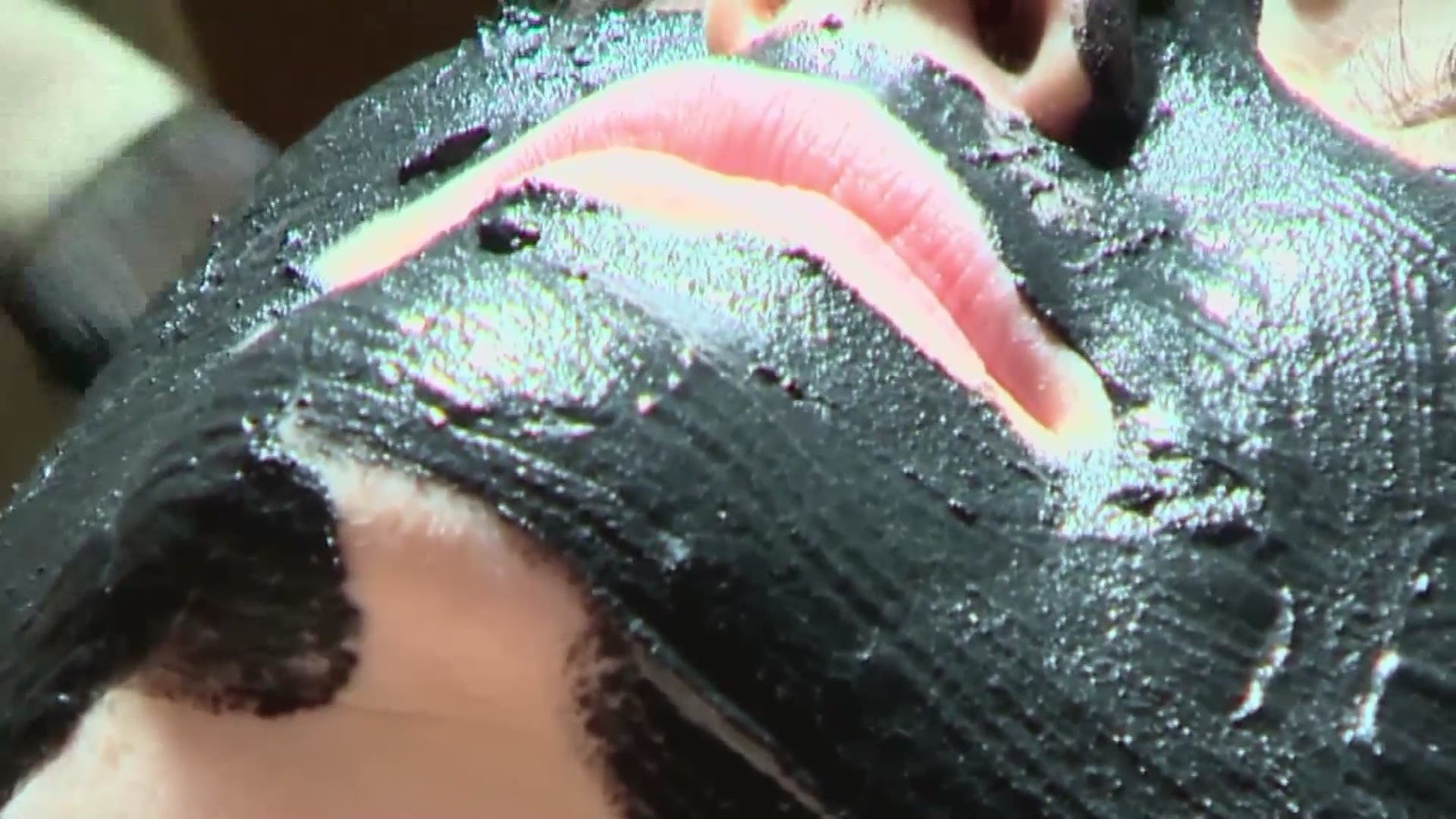Activated charcoal is a jet-black powder made from peat, coconut shells, bamboo and other types of wood. It can be found as an additive to a range of products, from food and detox drinks to teeth-whitening and skincare products.
Food Insider recently shared a video on Twitter featuring a charcoal latte created by a now-closed coffee shop in London. Bean & Wheat’s caffeine-free “Black Heart Latte” was made out of activated charcoal, milk, and vanilla, and the assistant manager in the video said that the café created the drink “simply due to detoxifying and purification.”
The video, which was originally from 2018, went viral on Twitter this April, causing several users to warn others to avoid ingesting activated charcoal because it can impact the effectiveness of certain medications.
THE QUESTION
Can activated charcoal adsorb your medication?
THE SOURCES
Dr. Bruce Anderson - Executive Director of Maryland Poison Center and Professor of Pharmacy Practice and Science, University of Maryland School of Pharmacy
Activated Charcoal for Acute Poisoning: One Toxicologist’s Journey
THE ANSWER
Yes, activated charcoal can adsorb medication.
WHAT WE FOUND
Activated charcoal is a “highly adsorbent, fine, black, odorless, tasteless powdered charcoal used in medicine, especially as an antidote in many forms of poisoning and as an antiflatulent,” according to Merriam-Webster’s Medical Dictionary.
Canadian pharmacologist Dr. David Juurlink wrote in 2015 that French chemist Michel Bertrand was reportedly the first person to ingest activated charcoal as an antidote in 1811 after consuming five grams of arsenic trioxide. Since then, activated charcoal has mostly been used by healthcare professionals to treat overdose and poison patients.
Dr. Bruce Anderson, the executive director of the Maryland Poison Center and professor of pharmacy practice and science at the University of Maryland School of Pharmacy in Baltimore, broke down how activated charcoal is created.
“Charcoal is something that's been around forever. It's the carbon residue that's left over after a fire. When people refer to activated charcoal, that's where you take that same concept and apply it to material that then gets treated. You take that charcoal, that partially burned organic material, and then superheat it with very hot steam to create a network of pores on the outside of the charcoal,” said Anderson.
He continued, “What typically happens is the charcoal is first finely divided and ground super, super fine, and then exposed to that superheated steam, which creates this incredible network of pores in and around each individual grid of charcoal, and that network of pores creates space for particularly certain size molecules to actually get adsorbed onto the outside of each individual grid of charcoal and so they’re trapped in those pores on each grid of charcoal.”
Dr. Anderson says activated charcoal is used in everything from aquarium filters to water filters for refrigerators, and even the manufacturer of gunpowder.
“Charcoal is used in a lot of different applications. It's used as a deodorizing agent for insoles for your feet,” said Anderson. “It's used in toxicology in the management of overdose patients to try and adsorb ingested toxins.”
But, does activated charcoal really adsorb medication? Yes, according to Anderson, and other researchers.
“Imagine somebody that impulsively ingested a large amount of say their own medication, if it's something that's the right size to be able to be bound by charcoal, and it's within a certain period of time where the expectation is that the substance may still be in the gut hasn't been absorbed yet, the idea is if you give a dose of activated charcoal, you can actually prevent the drug from ever getting absorbed,” said Anderson.
Anderson also clarified "adsorb" vs. "absorb."
"Adsorption is a concept that's kind of like absorption. Absorption means that... something is going from one area into another," he said. "Adsorption means, in this case, that a drug or chemical is actually being bound onto each individual grid of charcoal in the case of activated charcoal."
When asked if it’s safe for activated charcoal to be adsorbed through foods, like the charcoal latte, Anderson simply said, “I don't know, because I'm not sure how much charcoal is being used, but the first thing I would ask is, ‘why?’”
“If people are drinking it for purported health benefits, then no, there's no evidence that that's a good idea or that it does anything positive. Certainly, if somebody has recently ingested their therapeutic medications and then they go and enjoy one of these drinks that has a fair amount of activated charcoal in it, they potentially could adsorb some of that medication, just like the way that we use charcoal to adsorb substances when people overdose,” he continued.
Anderson also says activated charcoal products being sold in stores and online as detoxifiers don’t provide any real health benefits either.
“If you go into stores or if you look online, there are products that are being sold for purported health benefits of potentially detoxifying that contain charcoal, and that's silly, or at least from my perspective, as a healthcare provider and clinical toxicologist, you don't need to do anything like that. Your body has really well-developed organs that take care of toxins and eliminate them. Trying to do something to supplement that just seems kind of silly. It seems more like marketing than actually something that would be of benefit,” said Anderson.

